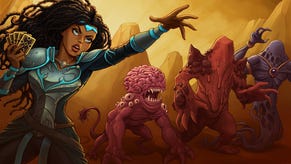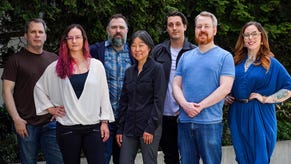VR specialist NDreams becomes a third-party publisher with $2 million fund
The UK company's internal development team will also support partner studios
NDreams is moving into third-party publishing and has set up a $2 million development fund.
The UK-based VR specialist, best known for Phantom: Covert Ops and Shooty Fruity, already publishes its own games and is now looking to support external teams. Alongside the investment, plus the usual PR, marketing and store support, NDreams is also making its development team available to support fellow studios.
"We are hugely passionate about VR," explains vice president of publishing David Corless in an interview with GamesIndustry.biz. "We've been in it since 2014, so coming up to seven years now... We believe it is going to continue its rise and be incredibly successful in the years ahead. We want to see VR excel, and we want to see more and more developers come into the space and do really well.
"It's also part of our growth as NDreams. We think we can help people out and, in turn, grow the VR market. VR still has that community feel to it, in that a lot of the developers talk to each other regularly. We're quite open and transparent with each other, and it does feel like we all understand that it is going to take a little time for it become properly mainstream."
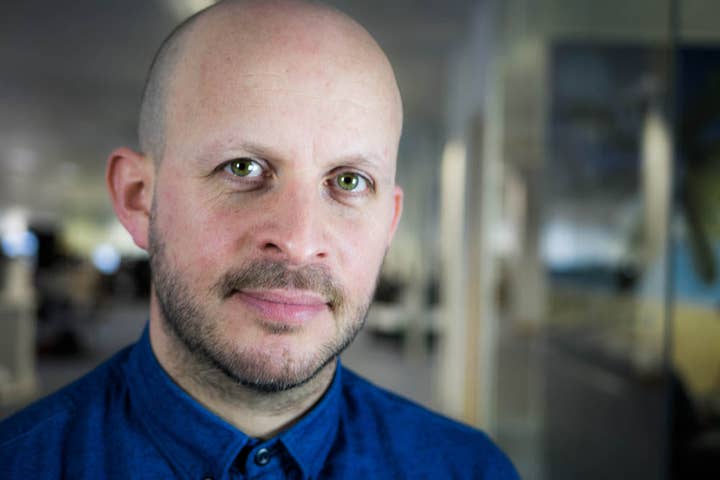
Corless says that the firm estimates PlayStation VR has close to six million owners, and along with the recent launch of Oculus Quest 2, the studio is confident VR is on a steady growth path. However, he emphasises that the market is already profitable for studios.
"The market is definitely growing and there is absolutely money to be made in it, otherwise we wouldn't be here," he tells us. "What we saw with Quest 2, and some of the numbers that they have spoken about since Christmas, that market has doubled or trebled. It's the classic trend -- we have built up the technology, and there was a lot of naysayers and more negative stories, but now we're back into where the market should be. It's growing nicely. We are clearly in this for the long-term and we've got exciting plans. Sony has done a great job, and we hear the rumours about what they're looking at next.
"You hear the stories about Apple joining. There was such a loud noise about it in a short space of time, people were expecting it to go from zero to ten million headsets, with big games like Call of Duty, really quickly. In reality that was never going to happen. It was always going to be a longer journey to success, and we are still on that path.
"There are developers out there doing good products, and we want those products to become a great success. We need that. We need more great product and great developers to help build the market."
"We need more great product and great developers to help build the market"
David Corless, NDreams
The news of a new indie publisher emerging is a regular feature on GamesIndustry.biz these days. One of the questions we inevitably ask each new entrant is 'what makes you different?' Corless points to NDreams' now substantial experience in making virtual reality products.
"This is obviously a VR-focused endeavour," Corless says. "That is one of our points-of-difference -- we've been in VR for six years, we have released titles on every major headset, we have experience in location-based VR, in VR arcades... Even back in the day of Samsung Gear VR, we've done mobile VR stuff, too. We've accumulated a lot of data, but also a good feel for the market.
"That data will give developers insight into the market that they wouldn't necessarily have. Whether it's the typical player demographics, sales forecasts... through to how people are playing the games, what people want, where the trends are.
He continues: "I think we've got one of the strongest forecasting [capabilities] within the VR industry. We are good at understanding the market and figuring out exactly where it is."
Business development director Steve Tagger adds: "Also, because we are a developer, we understand it from the development side as well as the publishing side. That is hugely beneficial, because we know the challenges that developers face, particularly when breaking into markets."
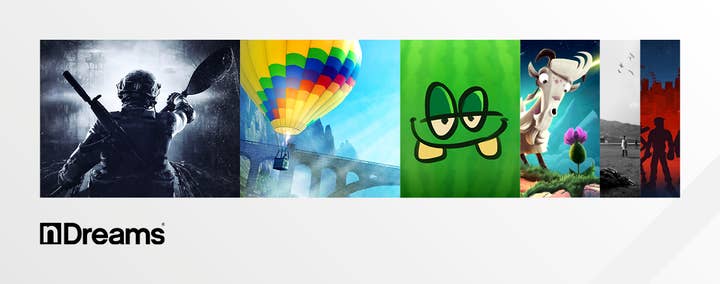
In the early days of VR excitement, there was a huge amount of investment into VR-focused studios. Although there is still money available, there certainly appears to be a decline in big funding deals for virtual reality teams. But NDreams feels that's changing, and says its $2 million fund is not a reaction to what other investors are or are not doing.
"We just understand how difficult it can be to get a game to market," Corless says. "It's even more difficult now with the times that we're living in. First and foremost, the investment is there because the smaller indies who are making games, they potentially do need funding to get that game to market.
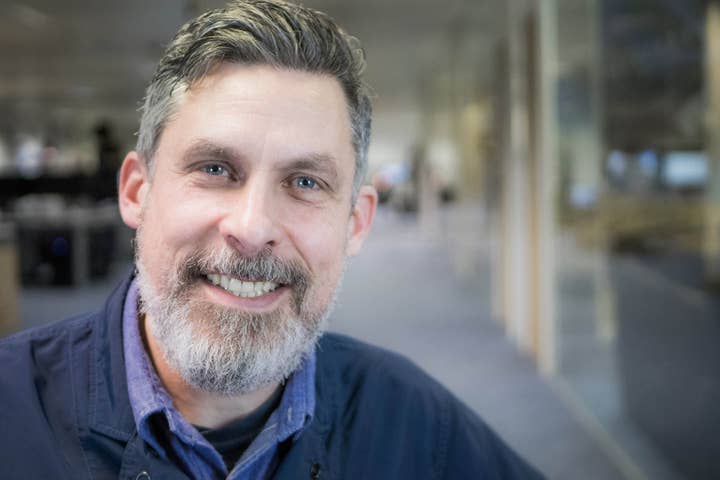
"There's also funds within that to publish the game. The $2 million pot... this is the first time that we've done that. We will basically see how far that goes."
Tagger continues: "Different developers will have different needs. Some may need finishing funds or support financially. Others may just need the publishing and marketing support, and that's the more important thing. Or maybe they need the development support. It will be a fluid, case-by-case basis. The size of the funding gives us the capability to help devs in the way that they need it best."
Corless again: "There are success stories. You've started to see acquisitions in this place, with Koch Media/Embracer acquiring Vertigo for €50 million. That was a significant step. They're a really good VR developer and publisher, and for Koch to see that potential, that speaks volumes.
"There was a lot of investment at the start of VR, and maybe it slowed down, but now we're starting to see that comeback. There is excitement, whether that's in the big bad city or in the market itself. People understand that this is a longer-term play, and it was never going to happen in that short period people expected it to."
"We are open to all genres. You don't want to be the person who turned down The Beatles"
Steve Tagger, NDreams
In terms of the types of deals available, Tagger says that it will depend on what level of support the studio needs. He says there's a big difference between those that need full investment, versus those that need development support, versus those that just need publishing. However, he insists the firm has no plans to take anyone's IP -- Corless says that publishers simply can't get away with doing deals that are exploitative anymore.
"You have to be fair," he explains. "There is such an open discourse about publishing deals that you have to be reasonable. That's not just VR, but the whole of games. There's been a lot of chat over the last two years, which is a good thing, because developers are the bread and butter of this industry. Without them there isn't an industry."
NDreams says the number of games it will publish will depend on the size and type of games it sees. And it's trying to keep an open mind in terms of genre, pointing to some of the more unusual VR hits in recent years.
"It needs to be a game that the developer is passionate about, because that always shines through," Tagger says. "If I came to you four years ago and said I have a lightsaber music game, or a kayaking stealth game... it's not until you get in there and start playing those games, and playing with the mechanics and looking at the design documents, that you see the potential. You don't want to be the person who turned down The Beatles."
Corless concludes: "We see surprising mechanics and games so often at the moment. Rules are still being figured out over what works and what doesn't work. If you look at the charts for the various VR headsets, there is a bit of everything in there. Yes, action and shooters still lead the way, as they do in non-VR, but it's interesting that some of the success stories more recently have been other areas, like fitness.
We are very much open, as long as we would be proud to call that game our own as well. We want passion from the developer, but also passion from us. That's the key."







